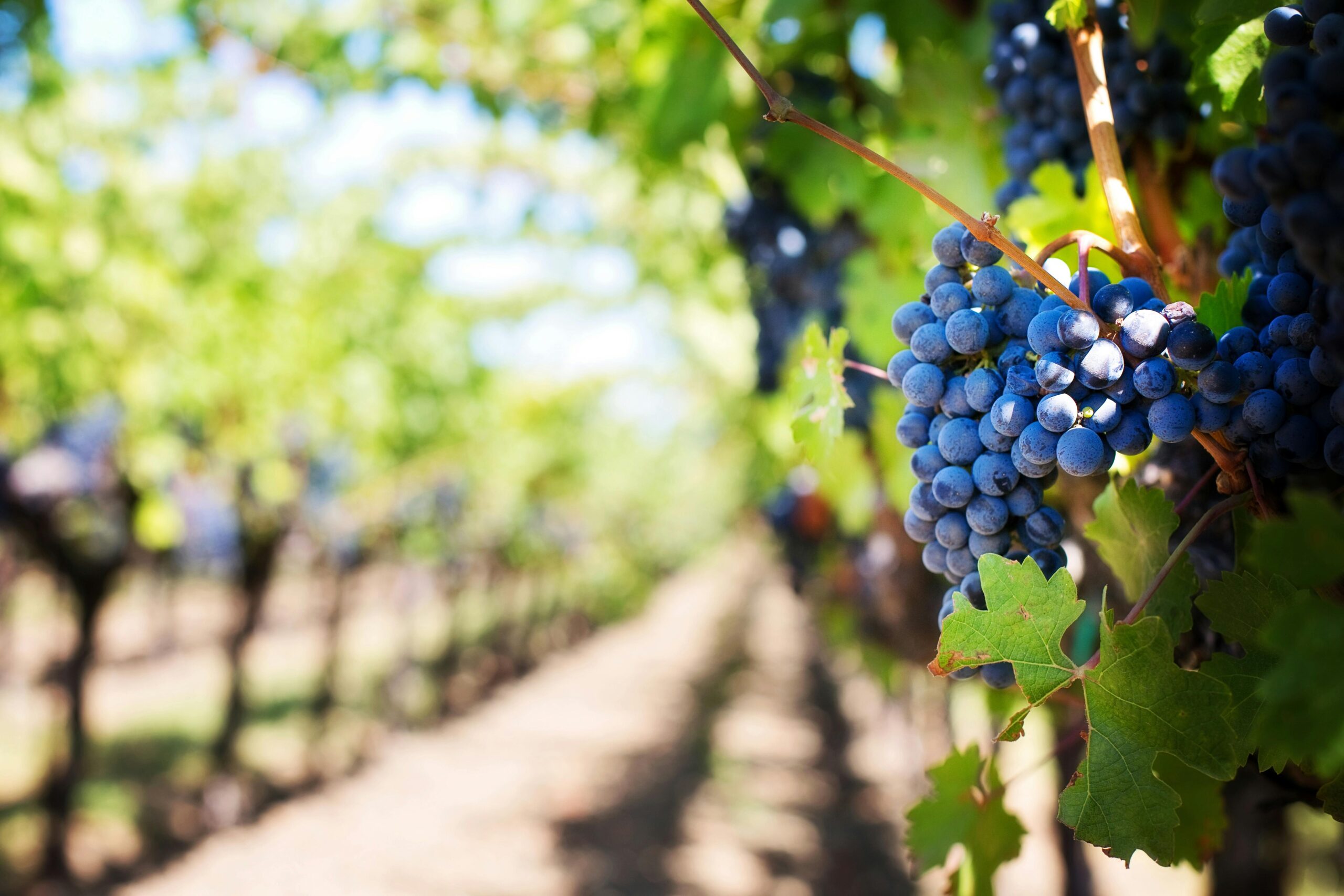Introduction: The Extended Produce Season
While the bulk of produce harvests wrap up by late fall, certain crops—namely grapes and strawberries—continue to require refrigerated transportation well into the winter. California, in particular, is a key player in the extended season for these two crops, which remain in high demand through December. In this blog, we’ll explore how shippers can handle the unique challenges of extending the produce season and ensure smooth transportation of these perishable items.
Grapes: A Year-Round Crop
California’s grape harvest typically extends through November and sometimes even into early December, especially for table grapes. As one of the state’s most valuable crops, grapes are a staple in produce markets year-round. However, the late-season harvest presents several logistical challenges, particularly when it comes to maintaining freshness and quality during transportation.
Refrigerated freight plays an essential role in ensuring that grapes arrive at their destination without spoilage. Shippers should prioritize securing reefer trailers with advanced temperature controls, as fluctuations in temperature can lead to spoilage, affecting both quality and market value.
Strawberries: A Delicate, High-Demand Crop
Strawberries are another crop that extends well into the winter months in California, particularly in regions like Oxnard. Strawberries are highly perishable and require careful handling throughout the supply chain. Even a slight delay or temperature fluctuation can result in significant losses.
For shippers, this means planning for consistent reefer capacity throughout November and December, when demand for strawberries often spikes due to holiday consumption. Working with carriers that specialize in perishable goods and have a strong track record of maintaining temperature integrity is crucial.
The Importance of Reefer Freight in Late-Season Transport
As the winter months approach, the competition for reefer trailers can become intense, particularly for crops like strawberries and grapes that extend the harvest season. Equipment shortages are common, especially when multiple sectors—such as frozen foods and pharmaceuticals—compete for the same refrigerated capacity. Shippers must plan for these shortages by securing their equipment early and negotiating favorable rates for extended use.
Optimizing Late-Season Logistics
To successfully manage the transportation of grapes and strawberries in the late season, shippers can adopt the following strategies:
- Lock in Capacity Early: The key to avoiding equipment shortages is planning ahead. Shippers should book reefer trailers well in advance to ensure availability during the critical months of November and December.
- Utilize Real-Time Monitoring: Temperature monitoring is vital for both grapes and strawberries, as fluctuations can lead to rapid spoilage. Use real-time monitoring technology to track shipments and prevent losses.
- Consider Regional Storage Solutions: Some shippers may benefit from exploring short-term storage solutions, especially if transportation delays arise. This allows flexibility in shipping without compromising product quality.
- Collaborate with Experienced Carriers: The complexity of handling perishable, late-season crops like strawberries and grapes means that experienced carriers are essential. Work with logistics providers who understand the unique needs of these crops and have a proven track record of successful delivery.
Conclusion: Extending the Season with Smart Logistics
Grapes and strawberries allow California shippers to extend their produce season well into the winter. With careful planning, strong carrier partnerships, and the use of advanced technology, shippers can ensure that these delicate crops reach their markets in top condition, maximizing profitability even after the traditional harvest season ends.


